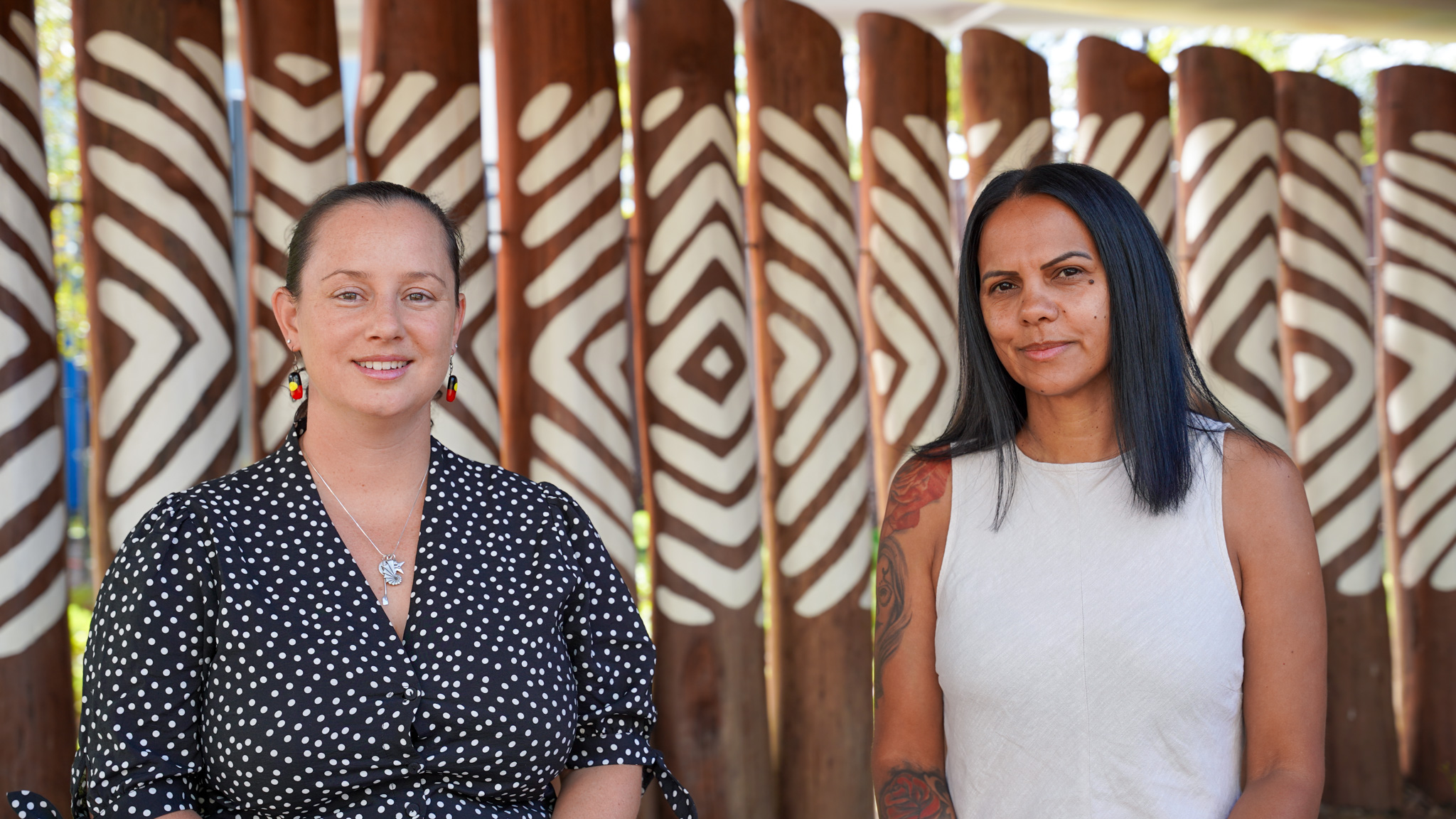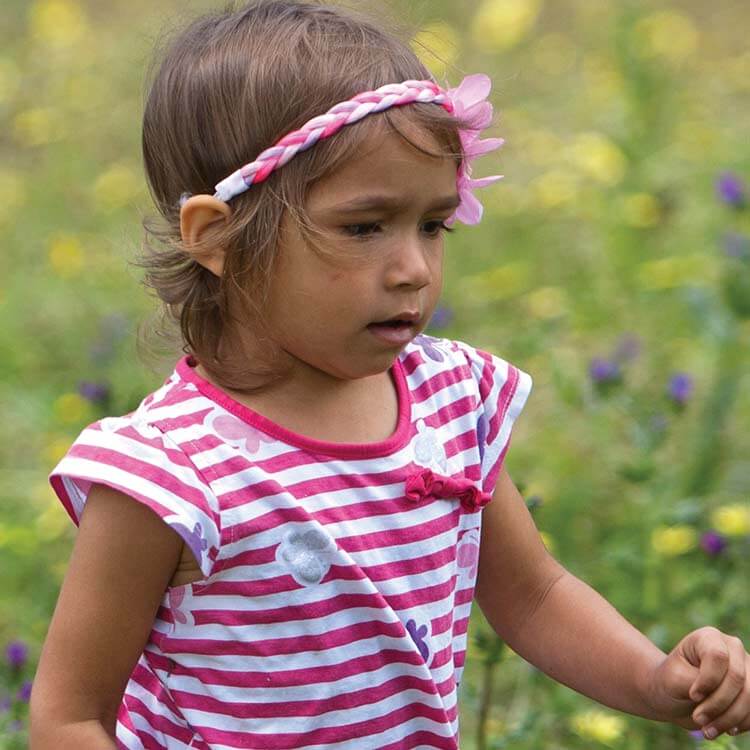Search
Research
Indigenous Australian Health and Culture: An Introduction for Nursing and Midwifery StudentsHere we map the impact of colonization on the lives of Aboriginal women, their health and wellbeing
Research
Research as intervention: Engaging silenced voicesThe emergence of Indigenous researchers into the public health research sector presents a challenge to what have traditionally been Western-based research...
Research
Modern and traditional diets for Noongar infantsBreast- & bottle-feeding patterns & the introduction of solid feeds & sugar containing drinks to the dietary intake of a cohort of urban Aboriginal infants
Research
Yarning about yarning as a legitimate method in Indigenous ResearchThis article demonstrates the credibility and rigor of yarning, an Indigenous cultural form of conversation, through its use as a data gathering tool
Research
Aboriginal practitioners speak out: contextualising child protection interventionsThis paper reports on how the summit was designed and on some of the ideas and concerns that emerged within this dialogical space of cooperative inquiry.
Research
Patterns trends and increasing disparities in mortality for Aboriginal and non-Aboriginal infants born in Western Australia 1980-2001: population database studySince there are known disparities between Aboriginal and non-Aboriginal populations in Australia, trends in infant mortality rates can be used to assess the...

A first of its kind research program at The Kids Research Institute Australia aims to develop new strategies to better treat Aboriginal and Torres Strait Islander children with cancer.

The Aboriginal Health and Wellbeing Team follows an holistic definition of Aboriginal Health which means that health is not just the physical wellbeing of an individual but includes the social, emotional and cultural wellbeing of the whole community.

The fifth Big Elders meeting/gathering was held on the Wednesday, 28th of February 2024 at Burswood on Swan.
